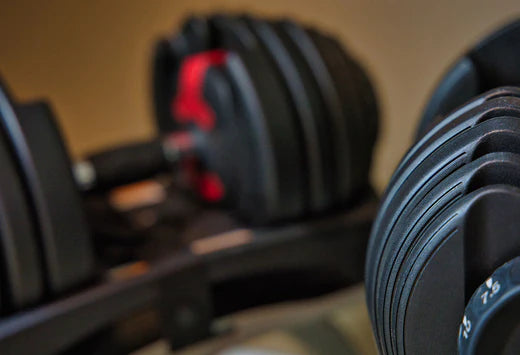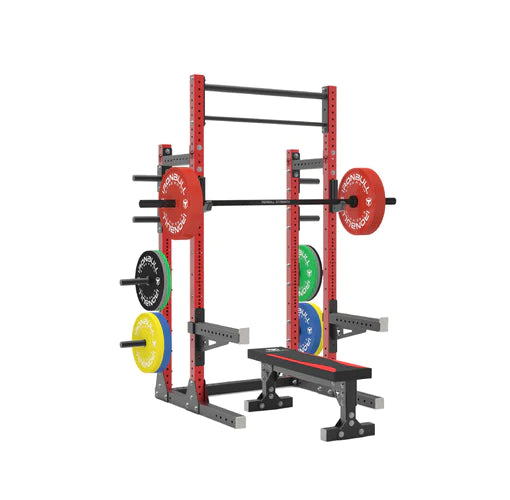Adjustable Dumbbells: How Do They Work? Are They Worth Buying?

Your cart is empty
Continue shoppingWe use cookies and similar technologies to provide the best online shopping experience. Privacy Policy

Call or Text
To place a new order or for assistance with an existing order call or text us at 1 (855) 534-4919
Mon-Fri: 8am-5pm EST
Sat-Sun: Closed
Live Chat
Have questions or need help? Chat with us using the icon in the bottom left.
Mon-Fri: 8am-5pm EST
Sat-Sun: Closed
You can also email us for customer service or product support at support@ironbullstrength.com.
Most emails are answered within 1 business day, but can take up to 3 business days.
Order Tracking
Looking for your shipment? Track your order status anytime using your order number and email.
Most orders ship within 1–2 business days after processing.

